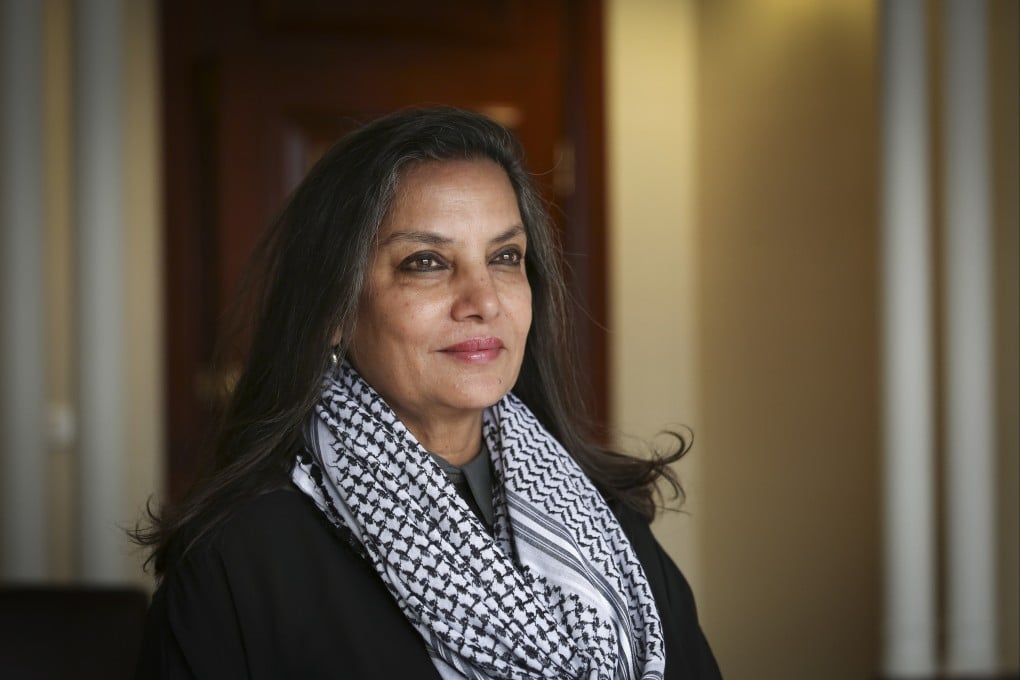India’s Muslim women journalists, academics and activists trolled by fake app listing them ‘for sale’
- Outspoken women including Bollywood actress Shabana Azmi put up for ‘auction’ alongside misogynistic comments in latest attack on religious minorities
- Critics say PM Narendra Modi’s Hindu nationalist BJP has been fuelling polarisation and its inaction shows it ‘approves of this humiliation of Muslim women’

The photos of another 100 Muslim women featured in the fake auction on an app. For the woman, a journalist, it was a distressing repeat of what happened six months earlier when her name was listed with 80 other Muslim women who were being offered for sale on another app.
Their names and photos had been uploaded without their consent and demeaning comments were placed alongside to humiliate them.
“I wanted to begin the year on a hopeful note and it was shocking that someone on the last day of the year was sitting around doing this to degrade us,” the journalist told local media.
The names of the auctions alone – “Sulli Deals” was used last year while the more recent one was named “Bulli Bai” – reveal the intent, for they are slang words making reference to genitals.